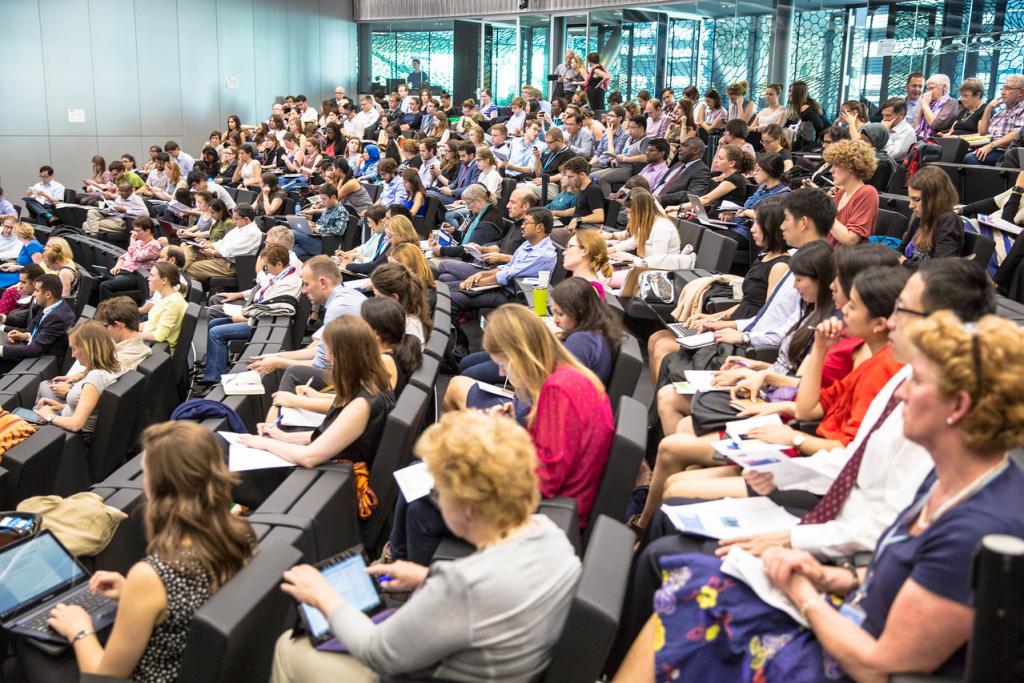Description
COVID-19 has prompted a wellspring of political, financial and industrial support for the local production of health technologies – including vaccines. But skeptics have argued that building and sustaining vaccine production demands long-term efforts, such as government or donor commitments to purchase locally produced vaccines, that can be hard to sustain once the crisis fades from the headlines. Challenges relating to technology transfer, intellectual property, pricing, financing and quality all need to be addressed. Where do various local production initiatives stand today? What will be required to translate this window of opportunity into longer-term, reliable, safe and affordable vaccine supply for all? Where has progress been encouraging and where do potential pitfalls remain? The recently established mRNA hub for vaccines in South Africa and the Global Training Hub for Biomanufacturing (GTH-B) in the Republic of Korea are examples of newly-established initiatives aiming to have sustained impact.
This event will provide a platform for speakers to share their experience, and debate and review progress made in enhancing diversified production of vaccines at the global level, as well as analyse the challenges that remain.
SPEAKERS
Welcome remarks by Ambassador PARK | Deputy Permanent Representative, Permanent Mission of The Republic of Korea in Geneva
Speakers:
- Hyunsook KIM | Director, Global Vaccine Hub Office, Ministry of Health and Welfare, The Republic of Korea
- Martin Friede | Coordinator, Initiative for Vaccine Research, World Health Organization
- Chioma S. Nwachukwu | Senior Manager, Public Policy Engagement, GAVI
Moderated by Suerie Moon | Co-Director, Global Health Centre, Geneva Graduate Institute
Organisers



In partnership with the Group for Global Infectious Disease Response or G4IDR (members: Kenya, México, Morocco, Perú, The Republic of Korea, Singapore, Turkey, and the United Arab Emirates).




